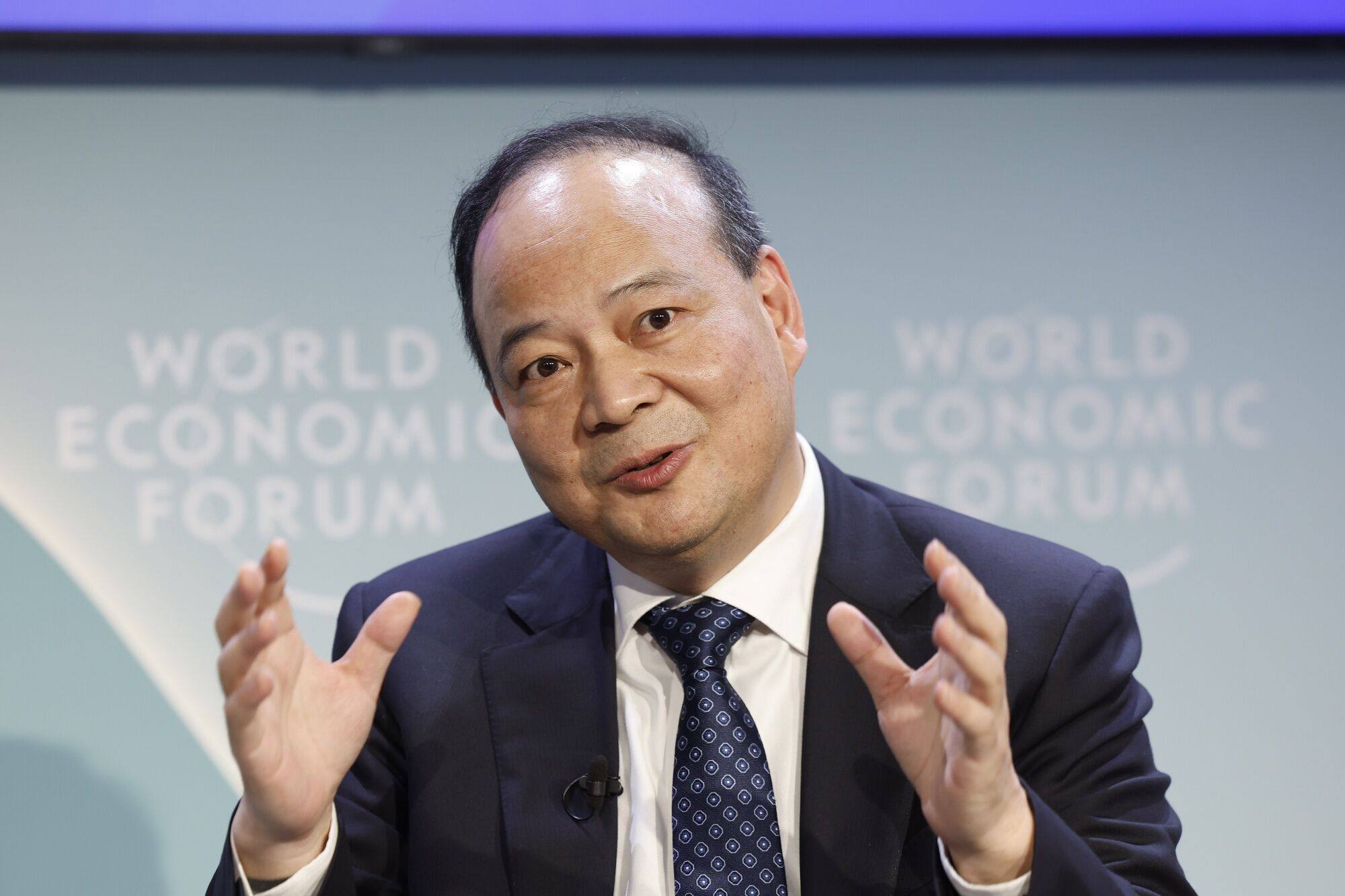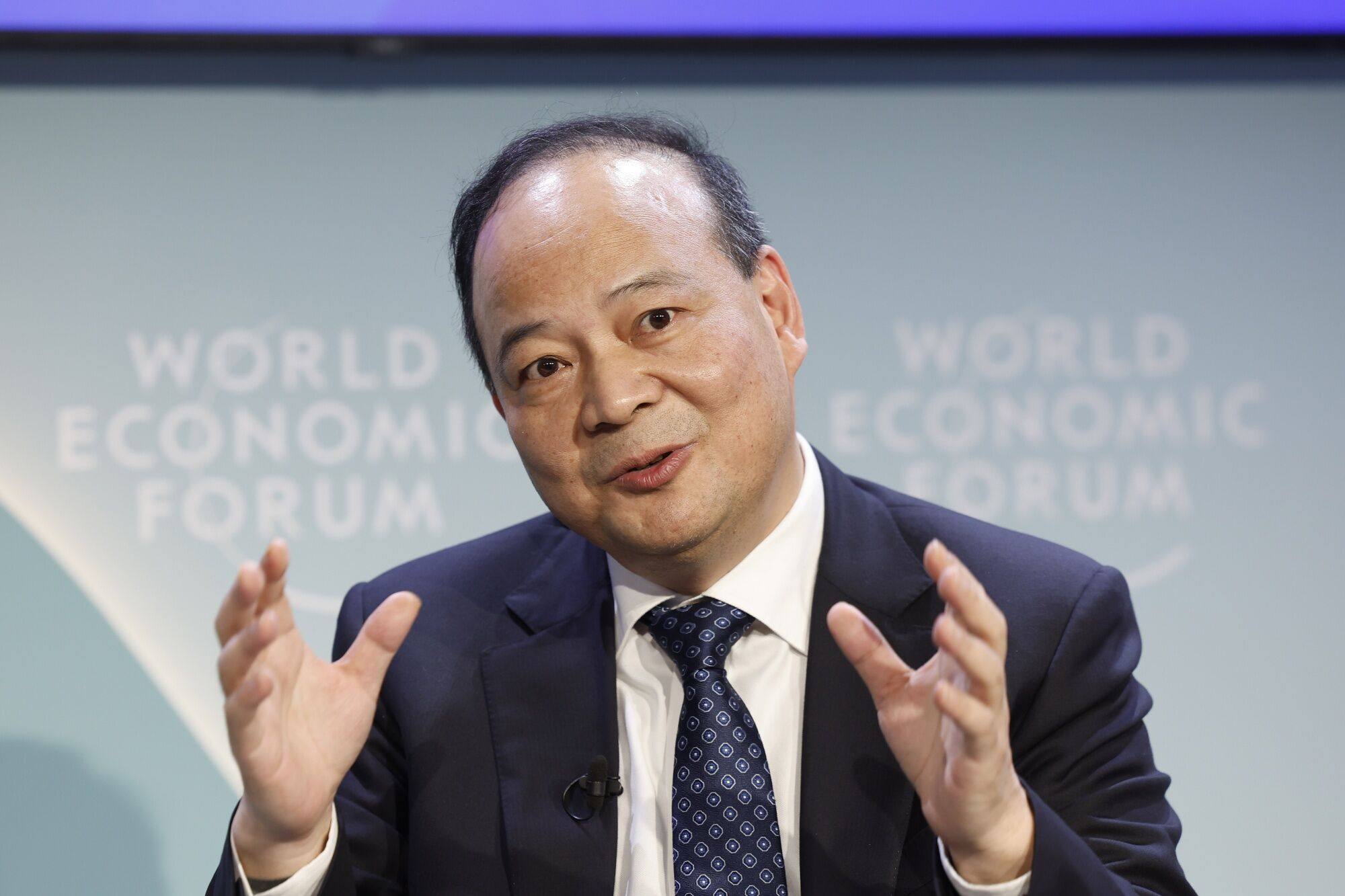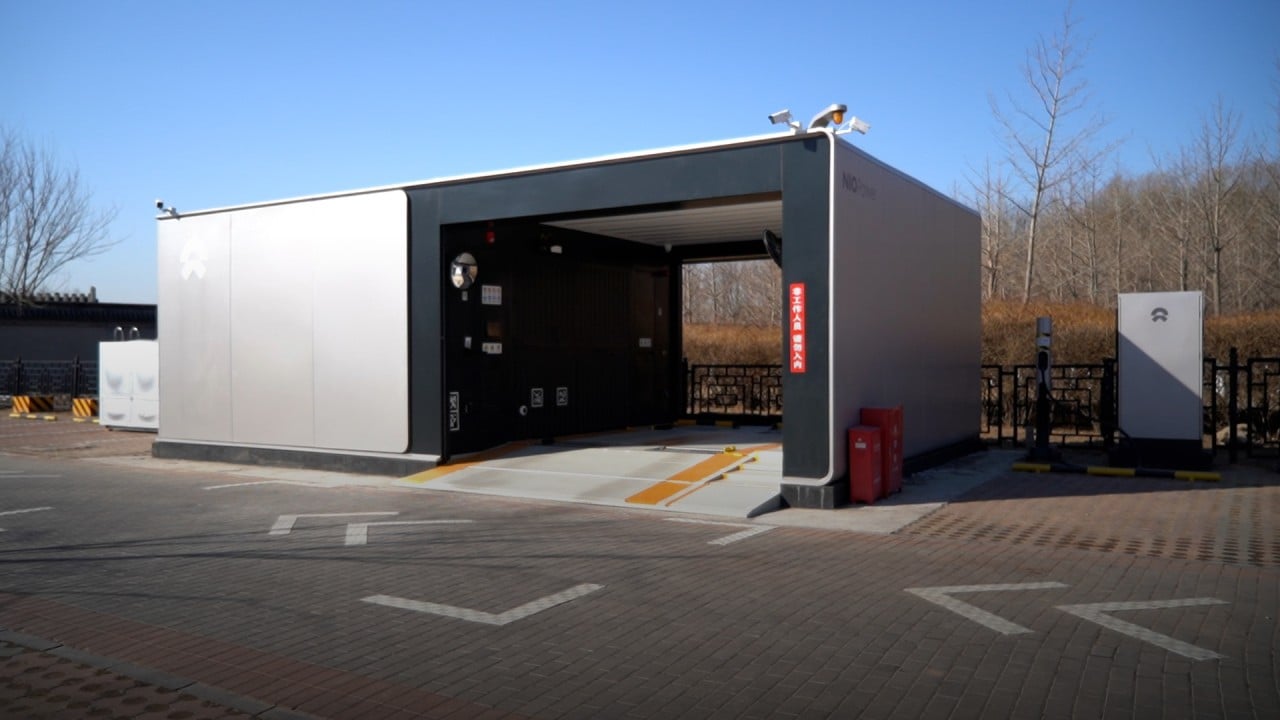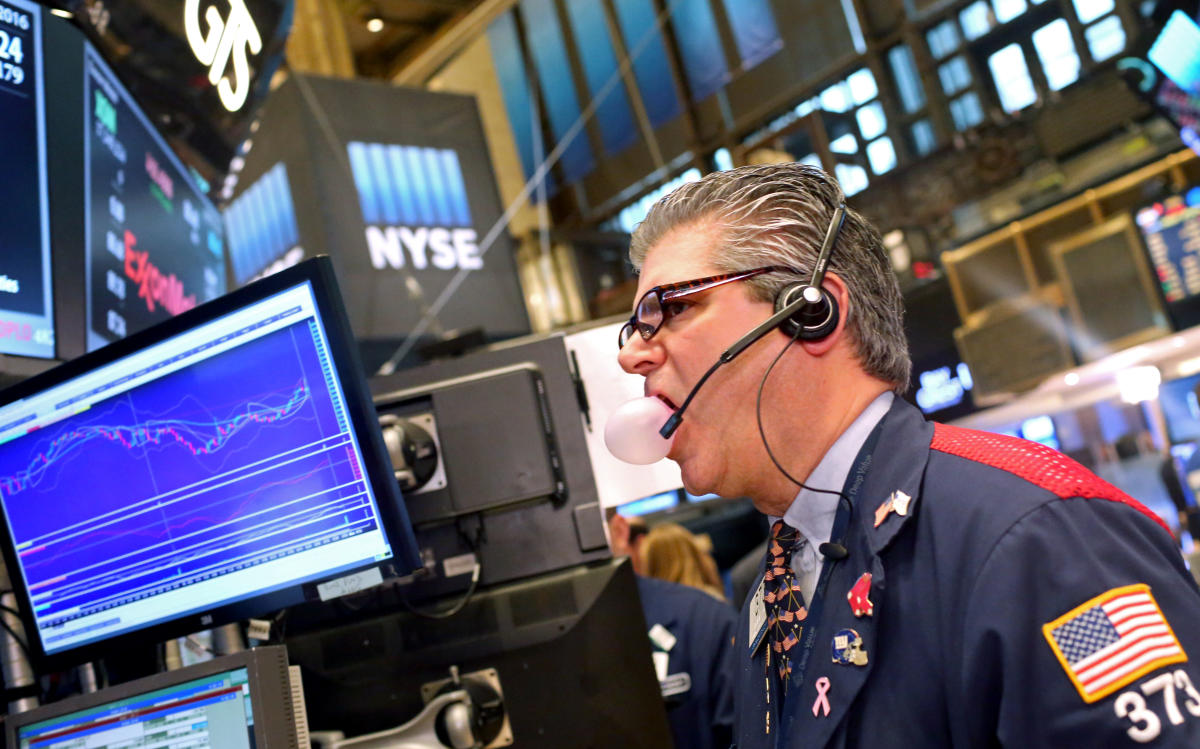
“Some companies may fall behind, and naturally there will be consolidation,” Zeng said.

CATL supplies batteries to almost every major carmaker, including Tesla, Volkswagen and Toyota. The company based in Ningde, Fujian Province, generated 400.9 billion yuan (US$56 billion) in revenue last year, roughly eight times its 2020 total.
While consolidation among electric car manufacturers could lead to a shrinking of battery makers’ customer bases, CATL’s technology development gives Zeng confidence.
To that end, CATL is working on solutions including more advanced sodium-ion batteries, which have the potential to cost less than lithium-ion cells. While sodium batteries perform “way better” in colder climates, Zeng said, he cautioned that it is difficult to say how quickly they will catch on.
CATL has come to dominate the world’s battery market with its cheap but durable cells that use lithium iron phosphate, or LFP, as the cathode material. Lithium-ion chemistries offer superior energy density, enabling drivers to travel further between charges.
Zeng has said CATL will compensate for the inferior energy density of sodium-ion by mixing and matching these cells with lithium-ion ones. CATL also has developed a 1,000-kilometre-range battery, and is working on condensed-state cells that it has said could be powerful enough for planes.
For all its technological prowess, CATL has not been immune from the EV slowdown. Its market capitalisation has roughly halved from a peak of 1.6 trillion yuan in December 2021. China’s retail sales of new-energy vehicles — which includes hybrids along with fully electric vehicles — almost doubled that year. The rate of expansion is expected to slow from 36 per cent last year to 25 per cent this year, according to China’s Passenger Car Association.
While all battery makers are racing to develop technology that gives their cells an edge, CATL’s current dominance looks unassailable. It commands half of the market in China, and is challenging South Korea’s LG Energy Solution for the top spot in the rest of the world.
Growing in overseas markets offers a hedge of sorts for CATL, as there is potential for the company to generate better returns away from home. The battery giant’s sales and profit have continued to increase, albeit at slower rates. Net income rose 44 per cent last year to 44.12 billion yuan, beating estimates.
CATL has been benefiting lately from lower prices of key inputs. The spot price of lithium carbonate in China — a crucial raw material for EV batteries — has dropped around 84 per cent from a peak in November 2022. Nickel has also been on a wild ride, with oversupply precipitating a more than 60 per cent decline in prices from their 2022 peak.
Zeng, 56, founded CATL in 2011, a time when policymakers in China were making electric vehicles a national development priority. The company went public in 2018, and its success has made Zeng, who has a doctorate in condensed matter physics, a billionaire many times over. His net worth is around US$27.2 billion, according to the Bloomberg Billionaires Index.
While Shenzhen-listed CATL is well-capitalised, Zeng said it is considering a secondary listing in Hong Kong to enable some of its partners to invest in the company.
Perhaps the darkest cloud on the horizon for CATL is geopolitics.
The US is pushing back against companies led by CATL and China’s top EV maker BYD over their grip on the electric vehicle supply chain. The Inflation Reduction Act — President Joe Biden’s signature climate law — contained some US$370 billion in provisions to support new domestic solar, battery and EV factories.
The European Union has launched an investigation into China subsidising its EV industry that looks poised to lead to additional tariffs being levied later this year.
Zeng said CATL has relationships with trusted partners that will transcend political disturbances. He downplayed the threat posed by the Inflation Reduction Act, saying it only offers temporary protection to the US auto industry, and likened the US election this year to an entertaining film.
“Unfortunately, I don’t have much time for amusement shows,” Zeng said. “I need to focus on technology.”
The news is published by EMEA Tribune & SCMP Follow our WhatsApp verified Channel
Follow our WhatsApp verified Channel










